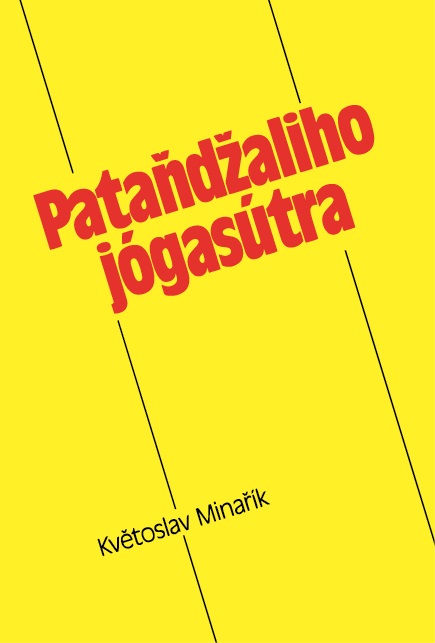
The Patanjali´s Yogasutra
The oldest classical textbook of yoga called Yogasutra from the period around 200 years B.C. is attributed to the „father of yoga“ – Patanjali. The work contains two hundred concise aphorisms in four chapters: Statements on the mystic practices, Kriyayoga, On Powers, Freedom. Květoslav Minařík explains, based on his own knowledge and experience, the meaning of these ancient aphorisms to the contemporary reader. As a basis, he has chosen the translation of a German scholar J. W. Hauer from sanskrit, as he considered it to be the clearest one.
Excerpt from the introduction:
I am providing the reader with a handbook on yoga, however, I don’t want to divert their attention by mystic explanation from the task of inner development. I am convinced that such explanation is meaningless, because it doesn’t aid him or her on the path of mystic transformation. By such explanation I would, more likely, support the development and supplementing of the mysterious constructions, which neither stop the wheel of karma, nor speed up or slow down its running. And so I therefore do not support the edifice of mystic philosophy; I support the edifice of mystic practice. Every individual can use it for his or her own good and after obtaining the personal experiences also for the benefit of others.